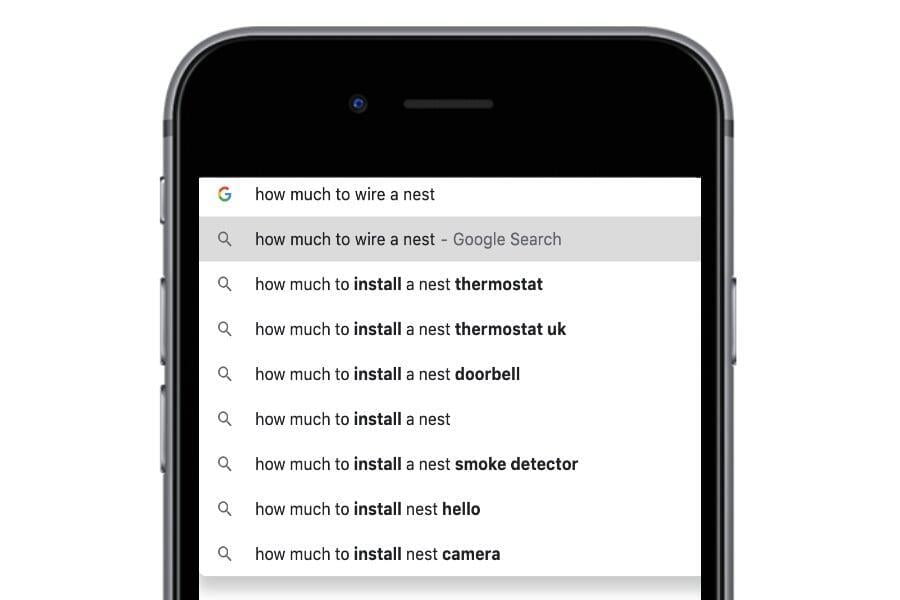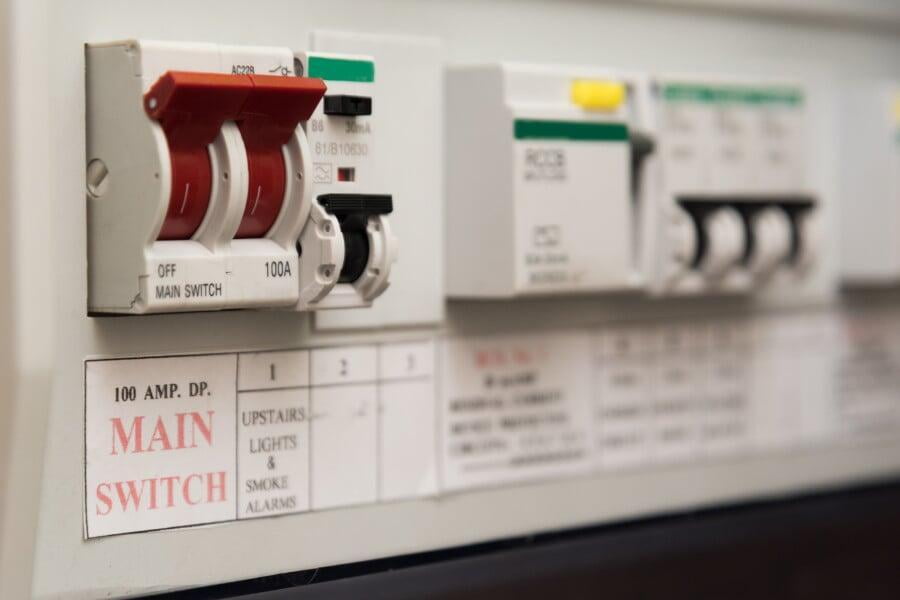Why does my light smell of fish? - and how answering questions can produce results.

A fishy tale or how answering questions could boost your website and gain valuable qualified sales leads.
by Gordon Routledge
Monday 16th December 2019
SHARE IT
Do you have a fishy electrical problem?
Has the article title drawn you in?
Why does my light flicker?
Why does my light not work?
Why does my light keep tripping?
Why does my light stay on when I switch it off?
What do you specialise in?
Most electricians and electrical contractors have developed to be specialists in a particular area of electrical installation. It could be you do everything the electrical world can throw at you, but only within a defined geographic area. You might specialise in small jobs, emergency call outs, rewires, emergency lighting or industrial work. The list is endless. Your specialist knowledge, built up from years of experience, could be a powerful marketing tool.
If you want to exploit the power of long-tail search, stop thinking about what you do. Instead, start thinking about the kind of questions customers would ask when they have a problem which you could solve. These are the kind of questions that customers would ask as research before they even think about choosing an electrician.
If you specialise in rewiring houses, then the common question potential customers ask are variants of "how much to rewire a house." This search is a classic example of an "intent to purchase" search term. The customer is searching the internet trying to do some research before deciding to contact an electrician. Customers, in all areas of life, increasingly have done a significant amount of research before they plan a purchase. Your website, or social media pages, could become a part of the research process.
Imagine a potential customer about to move house. The survey comes back and flags us the state of the wiring in a potential property. They would probably want to understand the cost implications. Google is often the fastest way to find a quick answer, provided someone has gone to the trouble of answering the question.
One of the top results searches for "how much to rewire a house" is this site https://agwelectricalservices.co.uk/house-rewire-rewiring/much-rewire-cost/. The site provides loads of useful information for someone who is looking for a price. It doesn't answer the question first posed; instead it has a compelling call to action. The call to action is an enquiry form, which asks the visitor to fill in all of the details an electrician would need to produce an estimate — a brilliant idea, which delivers useful information and a valuable source of enquiries.
We've produced a similar web form, which you can test and embed in your site. You could adapt this or create your own, and think of alternative questions to suit your specialism.
Alternatives to "how much to rewire a house?" could be.
Cost to rewire a kitchen?
Cost to install an extra socket?
How much to rewire a 3-bed house?
Use words your customers understand, not electrical jargon
Use Google to generate ideas
Check out the popular pages, for your query, on page one of google. Do the pages answer the question posed? Using your experience, can you do a better job? If you can, you stand a good chance of rising to the top of the page. The page which is the search champion for "why does my light smell of fish?" is this one.
https://bouldenbrothers.com/strange-smells-house-come/
The page doesn't answer just this question, but rather a whole range of potential smells from within the home. It's a useful page, and I'm sure it gets a steady stream of traffic from concerned homeowners. Do the Boulden Brothers, based in Newark DE USA, want enquiries from a homeowner with a fishy-smelling light in Nuneaton? Probably not, it's just that Google can't seem to find an electrician in Nuneaton who has the answer?
Is it worth it?
Getting more traffic to your site is a great way to boost your search rankings. If you have handfull of sites competing for the same type of customers within the same geographic area or targeting the same application, the website which Google judges to be more engaging and useful will eventually win through.
The key here is to be focussed. It's no good getting enquiries you don't want. Don't target "emergency/urgent" type work, if you can't respond quickly. Think about the type of customer you are looking for and the questions they might ask. Then think about the call to action, you've developed a great page, but what do you want the visitor to do next?
Do you want phone calls or would you rather have them complete a web form? The last thing you want is for the potential customer to leave the site and visit the next one on Google. Make sure your contact number or enquiry form is easy to find.
Gordon Routledge BEng, CEng MIET is the publisher of eFIXX and will be presenting on marketing at all our Live Feed events.



